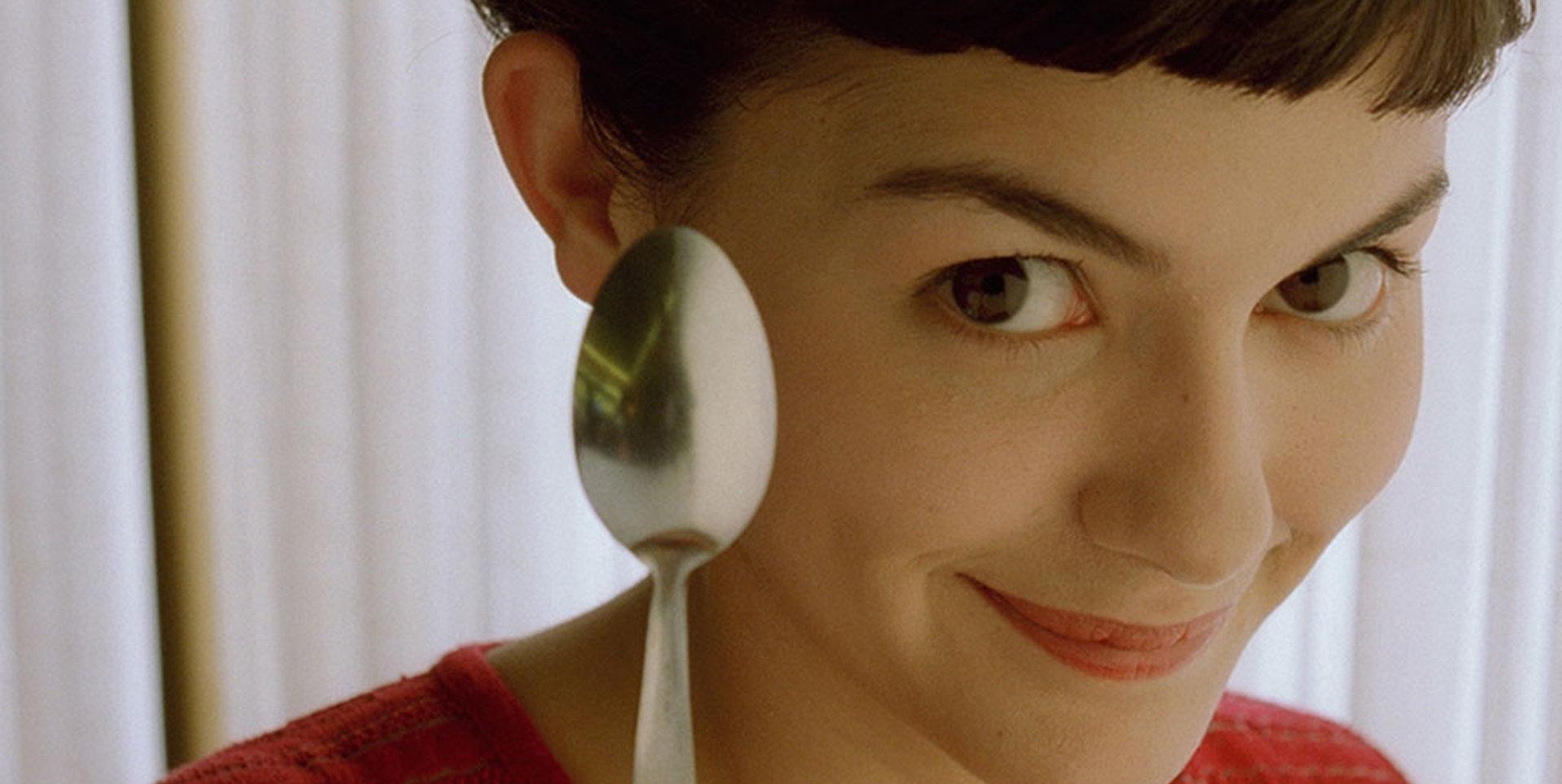In 2001, French director Jean-Pierre Jeunet began looking for a composer for his new film Amelie. This is a colorful, fantastical film, every picture in the film is a "crisp" Parisian style painting, René wants to find a person who can write the pure Parisian mood.
One night, René and his assistant were driving back to their residence, and the assistant told him that there had recently been a young man in Paris named Jan Tilson whose music was written very well. After saying that, he put a CD into the car stereo. Colorful accordion sounds, accompanied by the night of Paris, delicate and elegant notes pouring out. Before the car could return to the residence, René suddenly said excitedly, "This is the Paris I want!" ”
Genes soon approached Tilson and sincerely invited him to compose music for Angel Amelie. But at this time, Tilson was stepping up the production of the album "Absentee", and there was no time to withdraw from the entire film soundtrack. So he asked René to choose the right tracks from his old works and put them in the movie, and he spent 15 days to produce a few new songs. Thus was born the music of Angel Amelie.

René repeated Tilson's old works and a few new sections in his films, and the widely loved theme melodies were mostly derived from his famous rue Des Cascades.
In the eyes of many people, Jan Tillson is a lonely hermit, and his creative method is very eccentric, from composing, playing, recording to production, almost alone.
Usually, he would shut himself up in his home in Paris for months to record albums on his own. His talent is amazing, and much of the instrumental performance in the music is done by himself. He recorded the various instruments he excelled in: toy pianos, clock instruments, banjos, mandolins, guitars, harpsichords, triangles, accordions, and harmonicas, and then combined them into complete pieces, and Tilson enjoyed the tedious work.
In the eyes of this casual composer, making a music album is like playing a game, "I don't plan in detail where the music starts and what instruments to use, I think it's a nature to make music, I just think about what kind of music is appropriate." 」 ”
In fact, this vocal international musical talent does not like to make film music at all. Of all the well-known contemporary scorers, Tilson's work is perhaps the least produced. Not to mention the professional soundtrackists, even compared to the composers who came out of the classical concert hall and occasionally played with tickets in movies, Tilson's creative frequency was too low, and he produced only a few film music in a decade.
In this regard, he has his own explanation: "There are too many restrictions, and it is very painful to have to do what others ask." ”
However, compared with the soundtrackists whose works are huge and the quality is uneven, fans have reached this consensus: if it is produced by Jan Tillson, it must be a fine product. This talent who does not take the soundtrack easily, once shot, must be well thought out, so the quality is relatively stable.
People not only love his music, but also appreciate his personality. At that time, the success of "Angel Amelie" surprised Tilson, who did not expect that this unintentional soundtrack, mostly supported by old works, would quickly gain worldwide recognition, and the soundtrack has sold more than a million copies so far.
Although the music for "Angel Amelie" did not win that year's Golden Globe nominations, Tilson, who had never been interested in various awards, was not bothered by it, and he once made it clear: "I don't like this ritualistic thing, people come from all over the world and get together to celebrate, it's not a great way to remind me of life in confinement in school." 」 ”
After "Angel Amelie", Tillson's original quiet life was disrupted, and more and more film directors and producers came to the door with large stacks of banknotes, but most of them were rejected by him. It wasn't until Wolfgang Becker approached him with the script for Good bye, Lenin that he readily agreed, because he thought it was "interesting."
Strictly speaking, "Goodbye, Lenin" is Jan Tilson's first truly original soundtrack. The work is still full of Tilsonian melodic lines, but the arrangement is not so varied, the whole is a combination of piano and strings, and his psychedelic rock personality has converged a lot in the music.
However, "Goodbye, Lenin" actually tossed this musical talent enough, and he deeply felt the "pain" of giving the film soundtrack. In the past, Tilson was accustomed to a free environment, never had a specific theme concept in his mind when composing music, used to feel it, and when the emotion came, he wrote a short paragraph, and the film soundtrack was like a propositional essay, the topic limited his inspiration, but it made him confused, and he didn't know where to write.
It's not hard to see why Tilson's soundtrack is so rare. Pain turned to pain, and "Goodbye, Lenin" won him the German Film Award for Best Musical Achievement. His fame in the film industry also grew, but the frame-hating composer never intended to focus his career on film music.
Young Tilson's music rarely uses large-scale orchestras, his musical form is more like a mixture of rock and folk music, and Tilson's early music is always done by some "uneconcionable" instruments, and the strange combination of instruments creates a highly recognizable sound style.
And that happens to be his signature feature, and what makes his music so compelling.